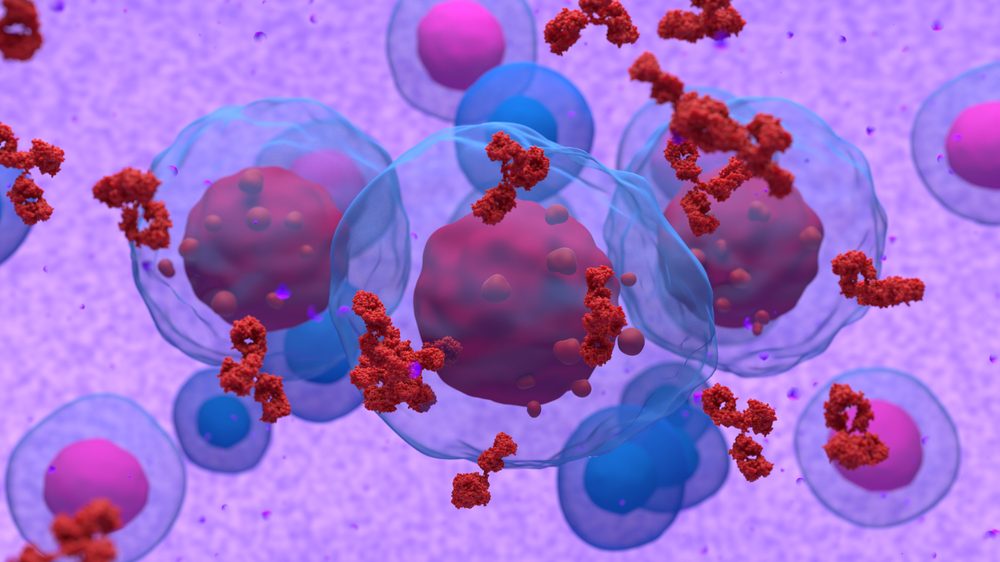US-based pharmaceutical company IGC Pharma has added the University of Puerto Rico as a new trial site to expand its ongoing Phase II study of IGC-AD1.
The trial aims to evaluate IGC-AD1's efficacy in lowering agitation in Alzheimer’s disease (AD) patients.
The expansion is intended to promote the inclusion of underrepresented populations while increasing population diversity.
To increase diversity further, the company is planning to add sites in South America and Canada in the future.
A total of 146 patients will be divided into treatment and control groups. Of these patients, half will receive low-dose tetrahydrocannabinol (THC) IGC-AD1 and the rest will receive a placebo.
Assessing and establishing IGC-AD1's efficacy and reducing neuropsychiatric symptoms in patients, including agitation in AD, are the goals of the study.
University of Puerto Rico trial sites principal investigator Dr Vanessa Sepúlveda-Rivera said: “Up to 12.5% of the ageing population of Puerto Rico has Alzheimer’s Disease, which is an increase from 10.7% reported for the continental US population.
“It is vital that medical research include Hispanic populations in order to yield the most reliable data resulting in the most effective therapies.
“We look forward to moving ahead with the study and investigating this THC-based technology.”
The lead drug asset IGC-AD1 is claimed to be the only natural THC-based investigational drug undergoing US Food and Drug Administration (FDA) trials.
It has demonstrated favourable results in pre-clinical studies with ameliorating Aβ plaques, as well as showing a reduction in agitation in dementia due to AD in a Phase I study.
Based in Maryland, IGC Pharma develops advanced cannabinoid-based formulations for AD, dysmenorrhoea, premenstrual syndrome and chronic pain among other conditions.
In addition to IGC-AD1, the company is developing TGR-63 as an investigational drug asset targeting AD.
TGR-63 has the potential to suppress or relieve key hallmarks of AD, including plaques or tangles.















